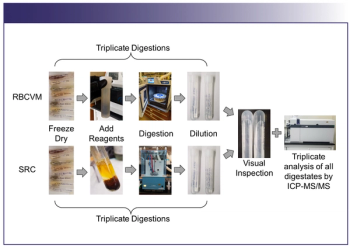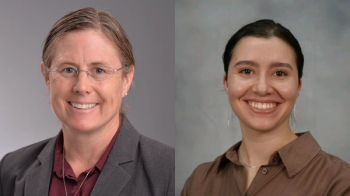
USP Defers Implementation of Chapters <232> and <233> on Elemental Impurities
The U.S. Pharmacopeial Convention (USP) is deferring implementation of General Chapters <232> Elemental Impurities?Limits and <233> Elemental Impurities?Procedures.
The U.S. Pharmacopeial Convention (USP) is deferring implementation of General Chapters Elemental Impurities—Limits and Elemental Impurities—Procedures. The chapters had been planned to go into effect on May 1, 2014, but implementation now has been postponed indefinitely to allow for greater alignment with the International Conference on Harmonization (ICH).
In a notice posted on the organization’s website (www.usp.org), USP stated that the Chair of the USP Council of Experts, in consultation with the Executive Committee of the Council of Experts, deferred proposed section 5.60.30 Elemental Impurities in the General Notices of the United States Pharmacopeia and the National Formulary (USP–NF)—USP’s compendia of standards published in the form of monographs, general chapters and General Notices. The proposed General Notices revision suggested a May 1, 2014 date for applying General Chapters and to drug product monographs in USP–NF. As such, section 5.60.30 will not be included in the General Notices that will be published in USP 37–NF 32, and therefore, there is no requirement for any drug product monograph in USP–NF to comply with and at this time. The proposed deletion of General Chapter Heavy Metals from USP–NF for May 1, 2014, also has been deferred.
These deferrals will allow USP to work closely with the ICH Q3D Expert Working Group to align their activities on metal impurities with the implementation of General Chapters and . The deferral also allows USP to work with those affected by the new elemental impurity standards. USP plans to form an advisory group on the implementation of General Chapters and .
Newsletter
Get essential updates on the latest spectroscopy technologies, regulatory standards, and best practices—subscribe today to Spectroscopy.




